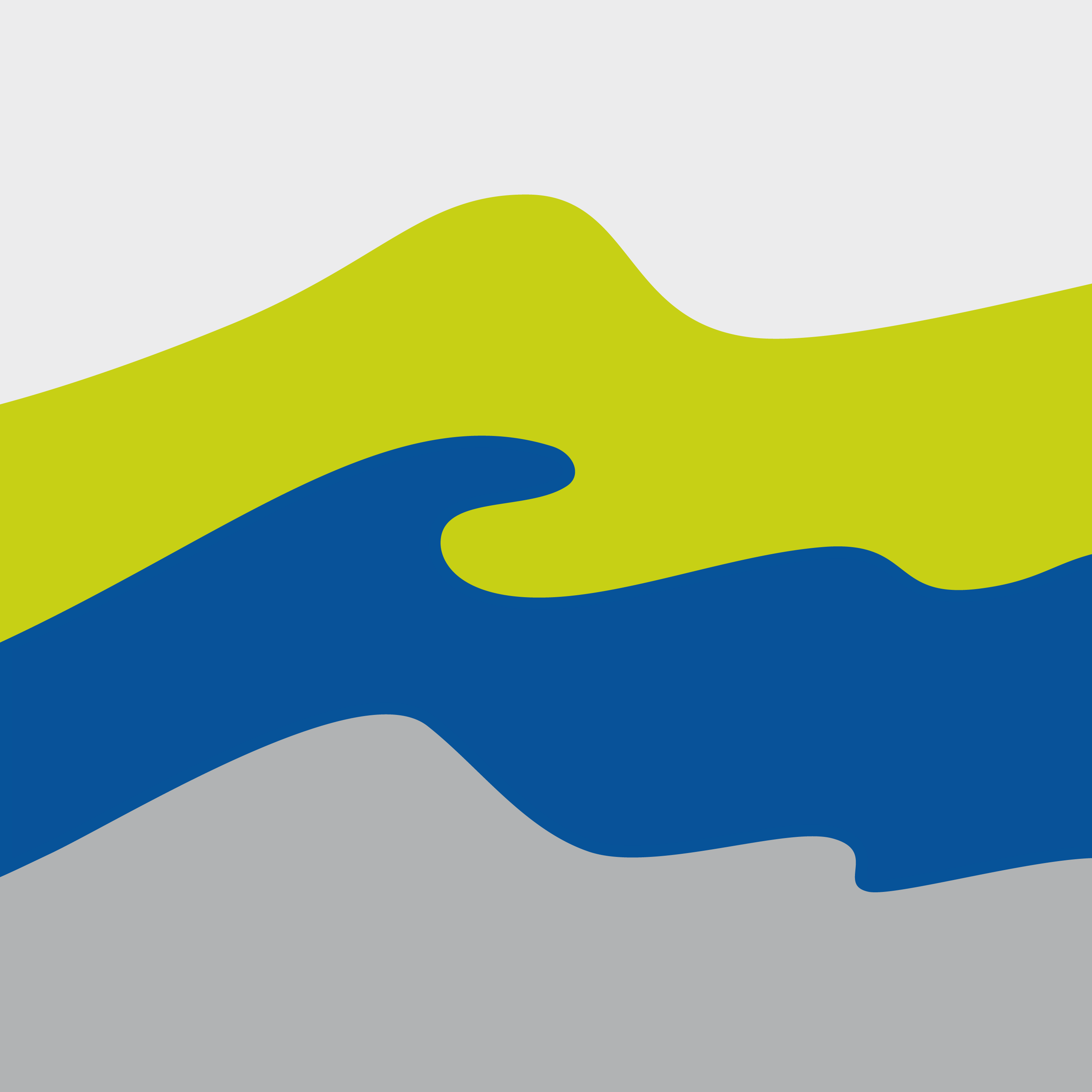AVIMo: Active Work Vessels In Motion - Reduction of logistical risks for offshore operations

| Leitung: | Jun.-Prof. Dr.-Ing. Arndt Hildebrandt |
| E-Mail: | hildebrandt@lufi.uni-hannover.de |
| Team: | Jannis Landmann M.Sc., Jannik Meyer M.Sc., Thilo Grotebrune M.Sc. |
| Jahr: | 2019 |
| Datum: | 01-01-19 |
| Förderung: | BMWi |
| Laufzeit: | 01.01.2019 - 31.12.2021 |
| Ist abgeschlossen: | ja |
Efficient offshore logistics in transport, installation, and maintenance are important to reduce costs and to execute a successful project. A key factor in this context are thresholds of environmental conditions, which limit offshore operations such as vessel motions for sensitive maneuvers, crane activities, and the wellbeing of the crew. Environmental conditions in terms of wind speed, current, significant wave height, peak period, and wave direction are considered to investigate operational limits and are subsequently implemented into the logistics tool "COAST" from Fraunhofer IWES. The scheduling of offshore activities by considering vessel motions due to multi-environmental parameters improves the common practice, which is usually based on operational limits indicated by a single environmental parameter in terms of the wave height.
The overall aim of this study is to improve the forecast of operation-times of work vessels as well as their service time on the basis of multiple environmental parameters, which will be implemented in the logistic tool “COAST” and demonstrated. Therefore, the operation-times of three basic work vessels and their sensitivity to environmental conditions are investigated by model tests in the wave-current-basin of the Ludwig-Franzius-Institute, numerical modeling, and field measurements of selected work vessel operations.
In this context, a real-time model for the prediction of work-vessel motions at sea on the basis of physical model tests, field measurements, and numerical simulations will be developed. Laboratory experiments in the wave-current basin and two field measurement campaigns at offshore wind farms provide the data basis for the modeling of ship motions. The developed model is finally coupled with the demonstrator measuring box of the project partner Wölfel for the fast motion prediction of work vessels at sea for the investigated ship types and locations. Furthermore, the developed model will be implemented in the software demonstrator of the project partner IWES in order to identify the influence of vessel motions with regard to the duration of offshore operations in connection to local weather conditions.
Project outcomes:
- Collecting sensor data using Wölfel- Sensor Technology.
- Physical model tests of offshore vessel operations in the wave-current basin.
- Development of a model to predict work vessel motions by considering multi-environmental parameters.
- Test and review of the operational limits for different offshore operations.
- Implementation of a model for vessel motion prediction in the logistics software demonstrator "COAST".
